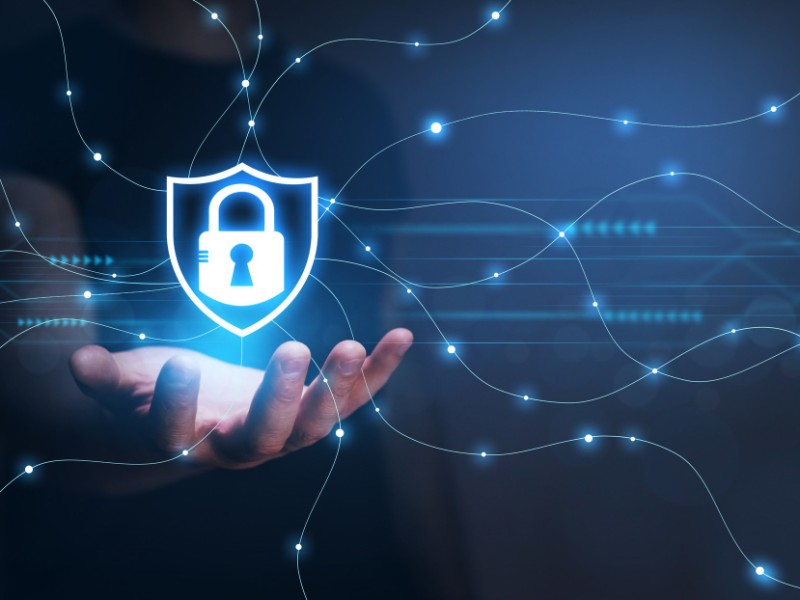Blog - Channel Partner
Stop Ransomware from Exfiltrating your Data with BlackFog

In an era marked by technological advancements, the importance of protecting your data during a ransomware attack cannot be overstated. Ransomware attacks pose a significant threat to individuals and organizations, as they can lead to data loss, financial damage, and reputational harm. Amidst these risks, safeguarding data becomes a paramount concern, requiring proactive measures and a comprehensive understanding of terms like "data exfiltration."
Ransomware attacks involve malicious actors infiltrating computer systems and encrypting data, effectively holding it hostage until a ransom is paid. However, the consequences extend beyond the encryption itself. This is where the concept of data exfiltration comes into play. Data exfiltration, sometimes referred to as data theft or data leakage, involves unauthorized access to sensitive information followed by its extraction from the compromised system.
In a ransomware attack involving data exfiltration, cybercriminals not only encrypt your data but also steal it before locking you out of your own system. This stolen data could include valuable confidential company intellectual property, customer information, financial records, or any other sensitive data. The perpetrators then threaten to expose or sell this data unless their ransom demands are met.
The implications of data exfiltration during a ransomware attack are multifaceted. Firstly, it significantly amplifies the potential damage. Not only are you faced with the immediate disruption caused by encrypted data, but the exposure of sensitive information can lead to severe legal, financial, and reputational consequences. Regulatory fines, lawsuits, loss of customer trust, and competitive disadvantages are just a few of the fallout possibilities. Secondly, data exfiltration changes the dynamics of ransom negotiations. While an organization might initially contemplate not paying the ransom and restoring data from backups, the threat of data exposure can make this decision more complicated. The fear of the stolen data being made public can force victims into paying the ransom, even if they have backup systems in place.
To mitigate the risks associated with data exfiltration and ransomware attacks, a multi-pronged approach is essential. Regular data backups, stored offline or in isolated environments, can help recover data without paying the ransom. Robust cybersecurity measures, such as strong access controls, intrusion detection systems, and network segmentation, can prevent unauthorized access in the first place. User education and training play a critical role. Phishing emails and social engineering tactics are often the entry points for ransomware attacks. Educating employees about the signs of phishing and how to handle suspicious emails can drastically reduce the attack surface.
The deployment of advanced threat detection and response tools can help identify unusual activities indicative of a ransomware attack in its early stages. Rapid detection can provide a window of opportunity to isolate affected systems and prevent data exfiltration.
Protecting your data during a ransomware attack is imperative in today's digital landscape, BlackFog, a 3rd generation data security and ransomware protection service that helps organizations and individuals safeguard their sensitive information and prevent unauthorized access or data exfiltration. Rather than having teams monitor and respond to events, BlackFog provides fully automated 24/7 protection to prevent cyberattacks in real time so you can focus on what you do best. To defend against such threats, organizations must adopt a holistic approach, including data backups, cybersecurity measures, user education, and proactive threat detection.
BlackFog is the leader in on device data privacy, data security and ransomware prevention, protect and secure your data right now. We are here to help, If you would like additional information or to sign up with 4 Sight Channel Partner Cluster please contact us This email address is being protected from spambots. You need JavaScript enabled to view it.


